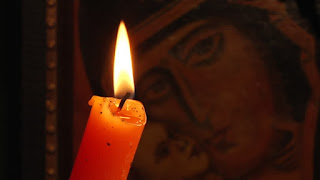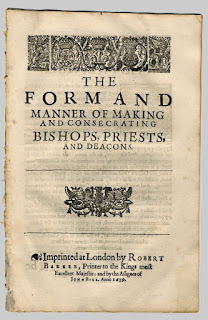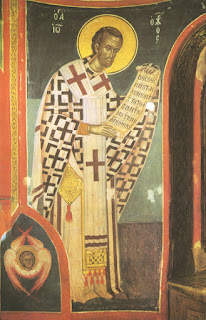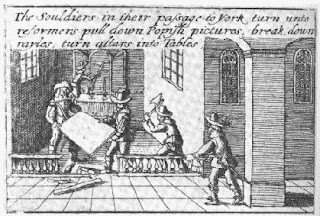Bramhall, the Eucharist, and a generous patristic orthodoxy

In An answer to Monsieur de la Militiere (1653) - a response to a Roman apologist - Bramhall invokes the diverse expressions of patristic eucharistic theology in East and West to defend the Church of England's rejection of transubstantiation. He also points to diverse eucharistic practices in the patristic churches, justifying the historic diversity of practice East and West, and within the West after the Reformation. Underpinning this generous orthodoxy are twin affirmations made by Bramhall prior to this section. Firstly, that "The Holy Eucharist, which is the Sacrament of peace and unity, ought not to be made the matter of strife and contention". Secondly, the belief in "a true Real Presence; which no genuine son of the Church of England did ever deny ... Christ said, 'This is My Body'; what He said, we do steadfastly believe". We may well find different observations in those days: as one Church consecrating leavened bread, another unleavened; on...





